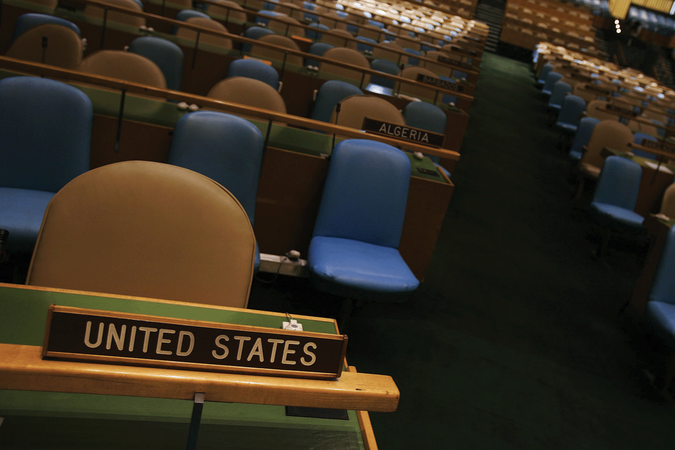The International Diffusion of Climate Policy: Theory and Evidence
Amid renewed urgency to achieve deep reductions in global greenhouse gas emissions, this paper analyses the mechanisms of international diffusion of climate policies and the role these mechanisms play in the domestic adoption of such policies.
Abstract
Globally coordinated climate action has resulted in suboptimal GHG emission reductions and unilateral, second-best, climate policies have so far provided the bulk of these reductions. Using an open economy general equilibrium framework, we propose that the adoption of climate policy is partly determined by a process of policy diffusion whereby actions of foreign jurisdictions affect domestic conditions and policy decisions. We focus on diffusion mechanisms related to (i) access to improved foreign abatement technology and (ii) policy adoption by foreign jurisdictions. We apply our framework to the adoption of feed-in tariffs (FiT), renewable portfolio standards (RPS) and carbon pricing mechanisms. Overall, results highlight differences among policies. The evidence suggests that improved access to climate change mitigation technologies leads to earlier adoption of RPS and carbon taxes but not FiT or an emissions trading system (ETS). It also suggests that countries with common legacy institutions influence each other's adoption decisions in the case of FiT.
Authors

Michael G. Pollitt
University of Cambridge




